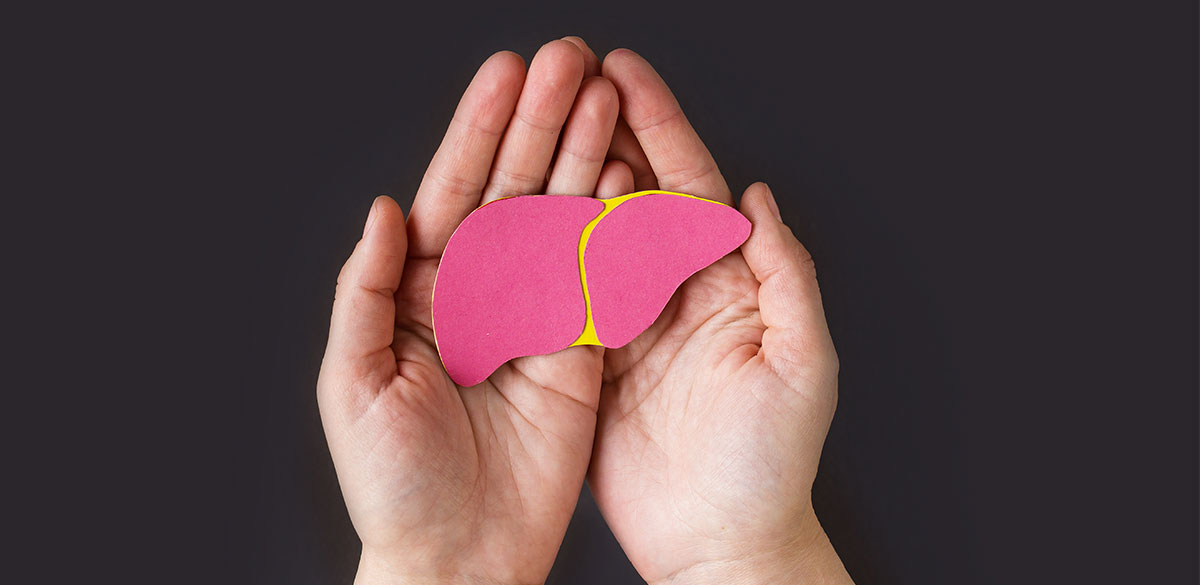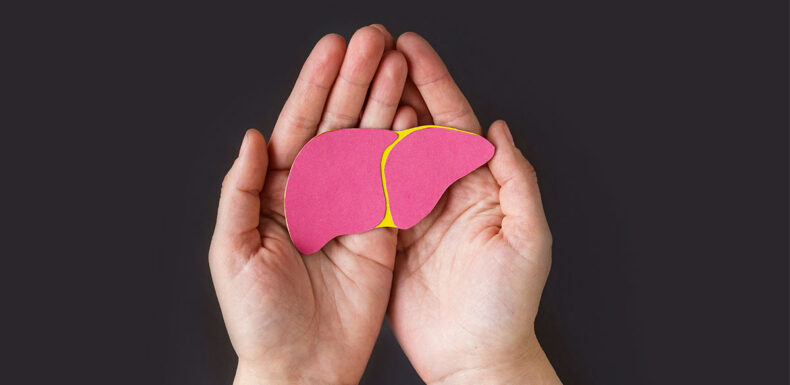Groundbreaking Clinical Trial Demonstrates Potential of Fecal Transplants in Treating Chronic Liver Disease and Offers Hope for Alternative Treatment Options
A new clinical trial led by King’s College London has unveiled a potential game-changer in the treatment of chronic liver disease. The trial, known as PROMISE (Probiotic Fecal Microbiota Transplantation in Cirrhosis), builds upon the success of the initial PROFIT trial, showcasing promising results that could revolutionize the field of liver disease management.
The PROFIT trial findings were announced today at the prestigious 2024 EASL Congress (European Association for the Study of the Liver) held in Vienna, Austria. While the results are yet to be published in a peer-reviewed journal, they have already sparked considerable excitement among researchers and medical professionals.

Fecal transplants, a technique that harnesses the power of healthy gut bacteria, have been recognized for their viability and health benefits. Historically, they have been utilized for the treatment of recurrent Clostridioides difficile (C. difficile) infection, a condition causing severe diarrhea. By transferring stool from a healthy individual into a sick patient, fecal transplants facilitate the restoration of a healthy gut microbiome, promoting overall well-being. Various methods, such as pills, upper endoscopy, colonoscopy, and enema, have been employed to administer these transplants effectively.
In the PROFIT trial, researchers found that patients expressed a strong preference for the oral route, preferring to take a pill instead of undergoing more invasive procedures. Dubbed “crapsules” (a nickname referring to their capsule form), these freeze-dried stool capsules encapsulate beneficial bacteria essential for restoring gut health. They proved effective in replacing the detrimental bacteria present in the bodies of cirrhosis patients.
Professor Debbie Shawcross, the chief investigator of the PROMISE trial and a hepatology professor at King’s College London, expressed optimism about the potential of fecal transplant pills. Liver transplantation, which is currently the last resort for many individuals with chronic liver disease, may be circumvented if fecal transplants prove successful in further trials.

Dr. Kelly Johnson-Arbor, a medical toxicology physician and the medical director at the National Capital Poison Center in Washington, emphasized the importance of conducting fecal transplants under strict medical supervision. Commercially available fecal transplant pills, approved by the U.S. Food and Drug Administration (FDA), undergo thorough screening and filtering processes, ensuring their safety and effectiveness. In contrast, do-it-yourself (DIY) methods, which involve using fecal samples sourced from friends or relatives, carry the risk of infectious disease transmission and lack scientific validation.
Despite generally being well-tolerated, fecal transplants can lead to gastrointestinal side effects such as abdominal pain, diarrhea, constipation, vomiting, and occasionally fevers. Therefore, caution should be exercised, and medical advice should be sought before considering this treatment option.
The forthcoming PROMISE trial at King’s College London holds great promise for patients with chronic liver disease, potentially offering an alternative to liver transplantation. By harnessing the power of fecal transplants delivered in pill form, this innovative approach could transform the lives of countless individuals suffering from cirrhosis. As further data emerges, the medical community eagerly anticipates the possibility of fecal transplants becoming a standard treatment option for liver disease, heralding a new era in patient care.













